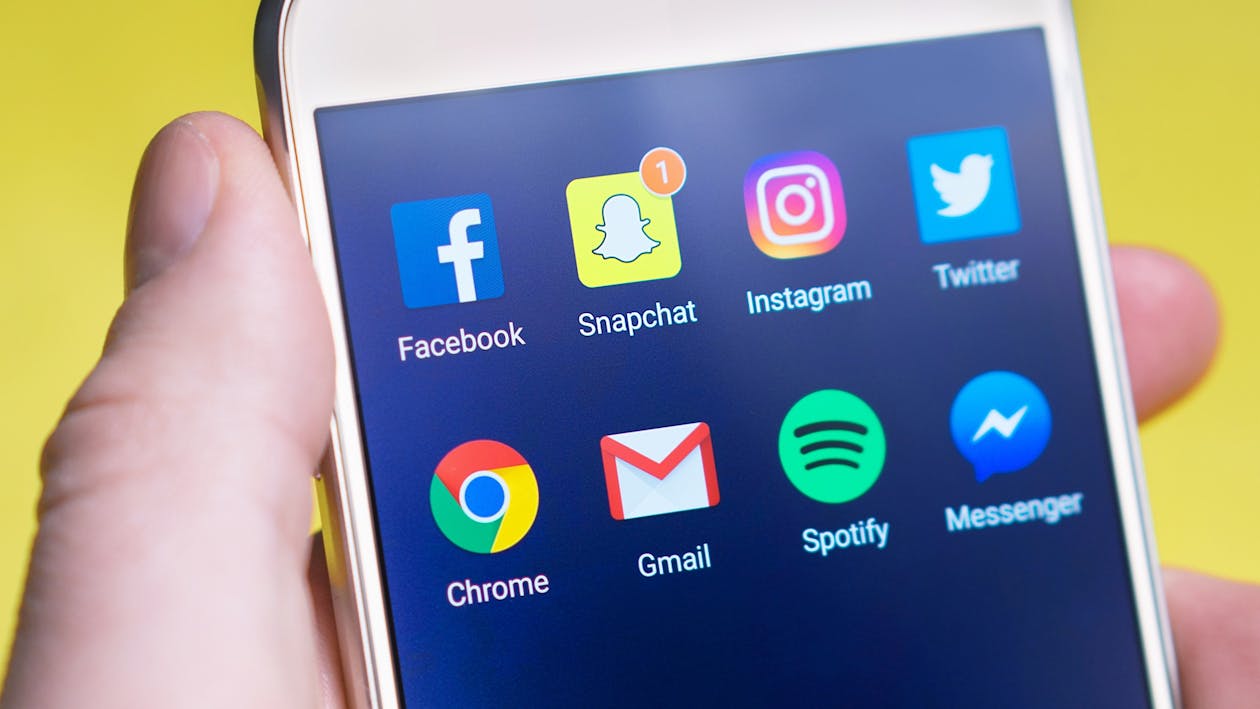The Psychology of Social Media: Effects on Mental Well-being and Relationships
Social media has become an integral part of our daily lives, shaping the way we communicate, share information, and perceive the world around us. While these platforms offer numerous benefits, they also pose significant challenges to our mental well-being and relationships. Understanding the psychology behind social media can help us navigate its complexities and foster healthier online and offline interactions.

The Impact of Social Media on Mental Well-being
1. Social Comparison and Self-Esteem
One of the most profound psychological effects of social media is the tendency for social comparison. Users often compare their lives to the curated, often idealized versions of others' lives they see online. This can lead to feelings of inadequacy and low self-esteem. Research indicates that frequent social media use is associated with negative self-perception and heightened anxiety, particularly among adolescents and young adults (Fardouly et al., 2015).
2. Fear of Missing Out (FOMO)
The constant updates and posts on social media can create a fear of missing out (FOMO). This phenomenon is characterized by the anxiety that others are having more rewarding experiences, leading individuals to remain perpetually connected to their devices. Studies have shown that FOMO can lead to feelings of loneliness, envy, and dissatisfaction with life (Przybylski et al., 2013).
3. Addiction and Time Management
Social media platforms are designed to be engaging and habit-forming, often leading to excessive use. This can interfere with daily activities, productivity, and sleep patterns. The concept of "social media addiction" is becoming increasingly recognized, with symptoms akin to other behavioral addictions, such as difficulty in controlling usage and withdrawal when not using social media (Andreassen, 2015).
Effects on Relationships
1. Enhanced Connectivity vs. Superficial Interactions
Social media can enhance connectivity by allowing users to stay in touch with friends and family across distances. However, it can also lead to more superficial interactions. While we may have a larger network of "friends," these connections often lack the depth and intimacy of face-to-face relationships. Research suggests that meaningful interactions are crucial for emotional support and mental health (Sandstrom & Dunn, 2014).
2. Communication Patterns
The way we communicate has drastically changed with the advent of social media. Instant messaging, likes, and comments have replaced more personal forms of communication. This shift can affect the quality of our interactions, often leading to misunderstandings and conflicts. Non-verbal cues, which are vital in conveying emotions and intent, are largely absent in online communication, making it easier for misinterpretations to occur (Derks et al., 2008).
3. Impact on Romantic Relationships
Social media can both positively and negatively impact romantic relationships. On one hand, it provides a platform for couples to express their affection publicly, which can strengthen bonds. On the other hand, it can also lead to jealousy and insecurity, as partners may become suspicious of each other’s online interactions. Studies have shown that excessive social media use can contribute to relationship dissatisfaction and conflict (Utz & Beukeboom, 2011).
Strategies for Healthy Social Media Use
Set Boundaries: Limit the amount of time spent on social media to prevent it from interfering with daily life and responsibilities. Use tools like app timers to help manage usage.
Mindful Consumption: Be aware of the content you consume and its impact on your emotions. Unfollow accounts that trigger negative feelings and seek out positive, inspiring content.
Engage in Real-Life Activities: Balance online interactions with offline activities. Spend time with friends and family in person, and engage in hobbies that do not involve screens.
Practice Digital Detox: Take regular breaks from social media to recharge and reflect on your usage habits. This can help reduce dependency and improve mental well-being.
Foster Authentic Connections: Focus on building deep, meaningful relationships both online and offline. Engage in genuine conversations and be supportive of others.
Conclusion
The psychology of social media reveals a complex interplay between our online behaviors and mental well-being. By understanding the effects of social media on our emotions and relationships, we can take proactive steps to ensure it enhances rather than hinders our lives. Practicing mindful and balanced social media use can help us maintain healthy relationships and a positive self-image in the digital age.
References
Andreassen, C. S. (2015). Online Social Network Site Addiction: A Comprehensive Review. Current Addiction Reports, 2(2), 175-184.
Derks, D., Fischer, A. H., & Bos, A. E. R. (2008). The Role of Emotion in Computer-Mediated Communication: A Review. Computers in Human Behavior, 24(3), 766-785.
Fardouly, J., Diedrichs, P. C., Vartanian, L. R., & Halliwell, E. (2015). Social Comparisons on Social Media: The Impact of Facebook on Young Women's Body Image Concerns and Mood. Body Image, 13, 38-45.
Przybylski, A. K., Murayama, K., DeHaan, C. R., & Gladwell, V. (2013). Motivational, Emotional, and Behavioral Correlates of Fear of Missing Out. Computers in Human Behavior, 29(4), 1841-1848.
Sandstrom, G. M., & Dunn, E. W. (2014). Social Interactions and Well-Being: The Surprising Power of Weak Ties. Personality and Social Psychology Bulletin, 40(7), 910-922.
Utz, S., & Beukeboom, C. J. (2011). The Role of Social Network Sites in Romantic Relationships: Effects on Jealousy and Relationship Happiness. Journal of Computer-Mediated Communication, 16(4), 511-527.

 Cricket Score Counter
Cricket Score Counter Heads or Tails
Heads or Tails
You have not logged in, please Login to comment.